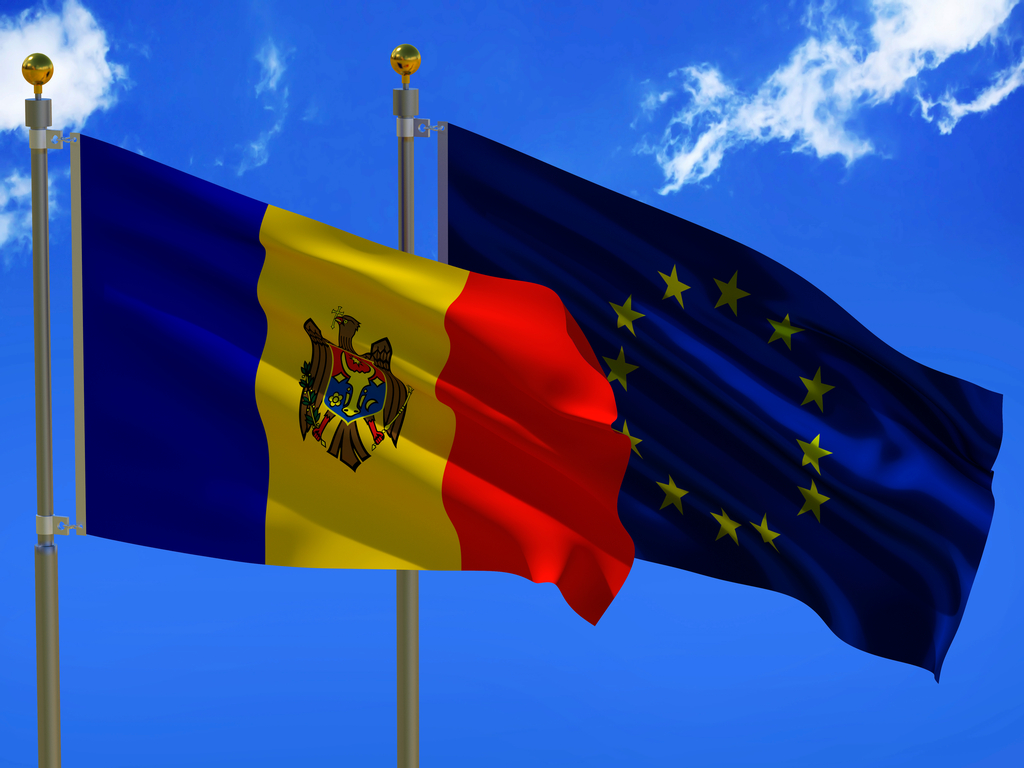Igor Girlea, principal consultant in the Legal Committee for appointments and immunities, Parliament of the Republic of Moldova
Following Eastern Partnership leaders’ video conference on 18 June, EU leaders identified five long-term goals for the Eastern Partnership policy, which should be approved at a physical summit in March 2021.
First priority: an economy-focused partnership that creates jobs, contacts between countries, and opportunities for youth.
The second is the strengthening of state institutions, respect for human rights, gender equality, and the rule of law.
The third priority is called the “partnership that unites” – digital transformation. The EU will work with partners to modernize the necessary infrastructure.
The fourth priority is sustainability, including climate change and the corresponding response to it.
Fifth, the European Commission will continue to inform about the tangible results that citizens of the EaP countries receive from cooperation with the EU.
StrategEast has interviewed experts from Eastern Partner countries on top priorities of cooperation with the EU. Here are the answers from Moldova.
It is hard to conclude in which of the aforementioned areas can be observed the most tangible results of cooperation between the EU and Moldova, because the framework of cooperation is multidimensional and thus it’s almost impossible to apprehend the exact impact cooperation has on Moldova. In order to assess the results, we must judge basing on the cooperation Moldova had before, not on the relations that exist now. Basing on the previous cooperation results, it could be said that the third priority is the one in which Moldova, thanks to European cooperation, achieved some remarkable results comparing to the countries in the region. Of course, the area mentioned in the priority also obtained a big boost because of the EU-Moldova cooperation, but unfortunately, because of the low capacity to absorb the European funds and to efficiently use European expertise – Moldova didn’t use the full capacity of the cooperation in this regard.
The Moldovan government declared as a priority development of the infrastructure on the national level (roads, water pipelines, gas pipelines, etc.) which is not directly reflected in the mentioned priorities. It is certain that the EaP countries are in need to develop their infrastructure, in order to develop sustainably their economy, but because of the endemic corruption that flourishes in EaP countries, it is highly improbable that EU will set the infrastructure development as a priority for the EU-EaP member state cooperation agenda.
The set priorities, though important for the development of the EaP countries, will have no crucial impact on the development of the EaP countries.




